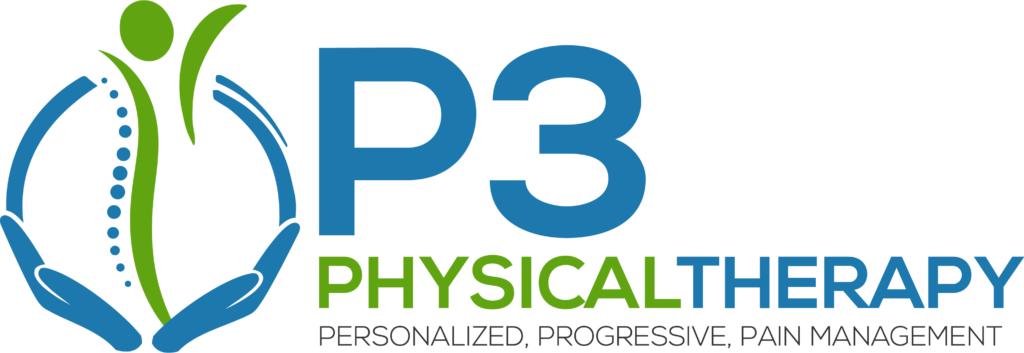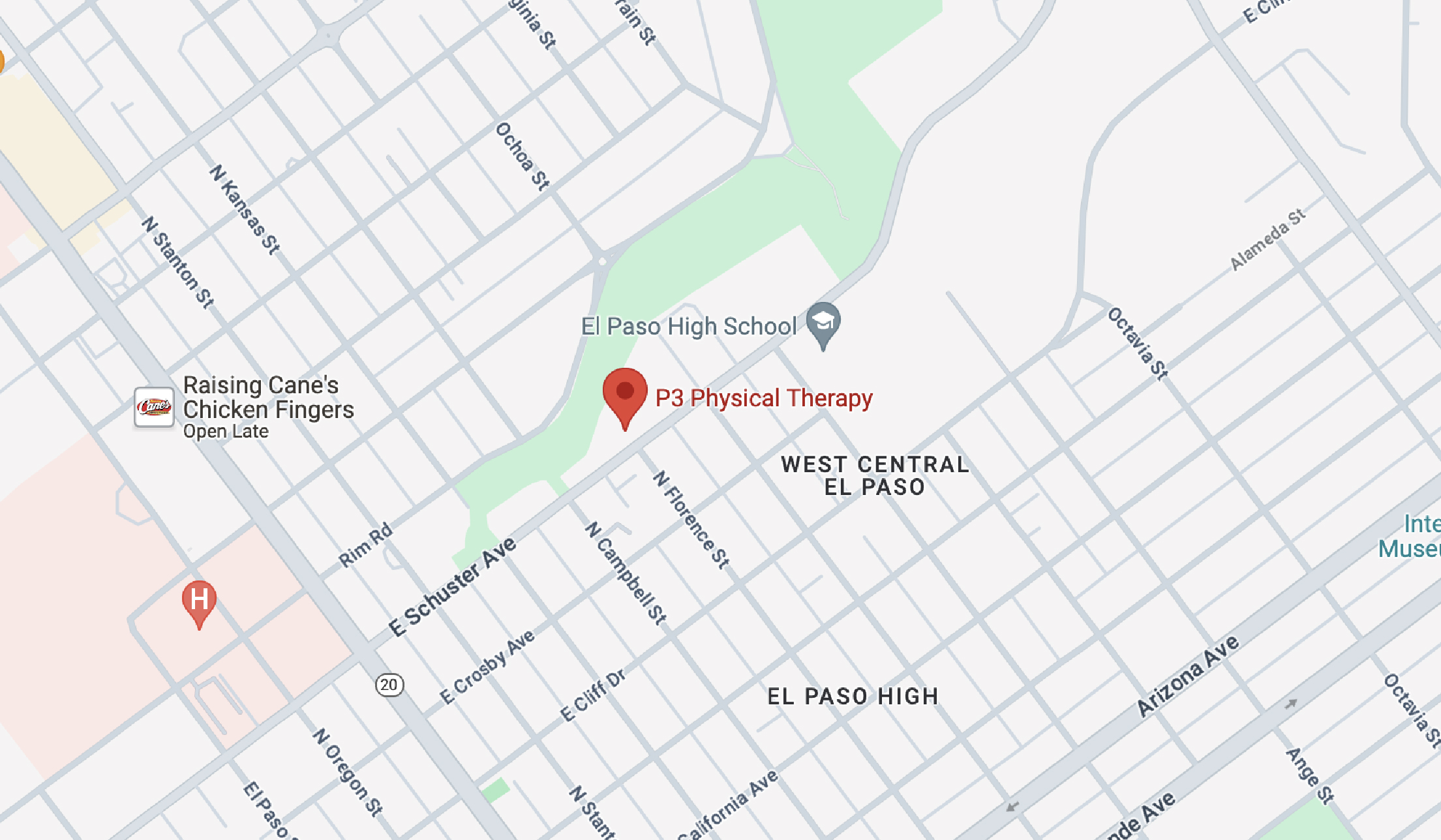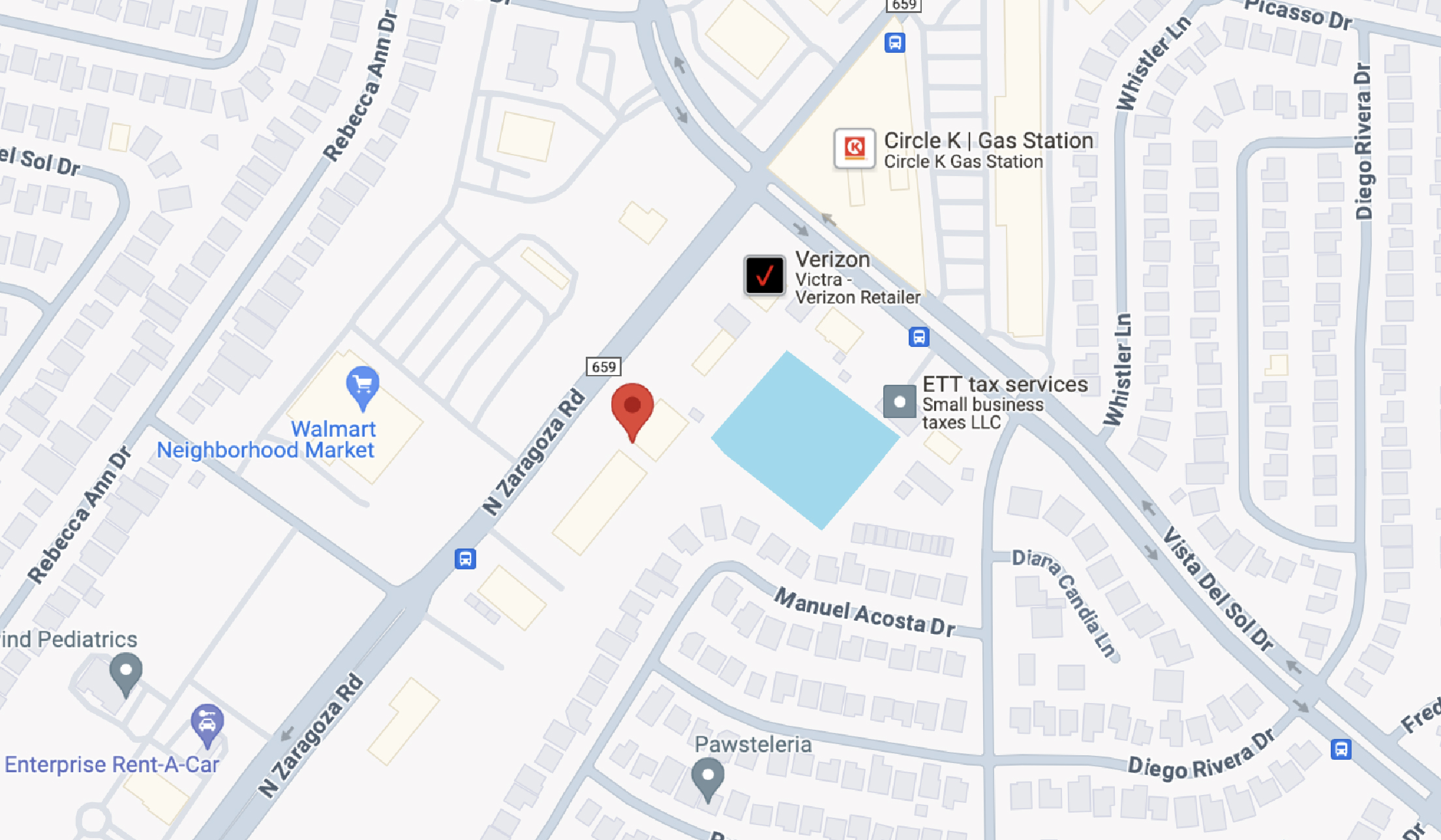Chronic pain is a persistent and often debilitating condition that affects 51.6 million people in the United States alone. To manage chronic pain, physical therapists often recommend a blend of exercise and pain relief methods. However, it’s important to understand the difference between both approaches and how they complement each other for effective treatment.
At P3 Physical Therapy, our professionals are experienced in helping individuals manage their chronic pain. We can provide the relief you need to ensure a higher quality of life. Contact us online or call (915) 444-5200 for chronic pain management in El Paso.
What is Chronic Pain?
Chronic pain is defined as pain that persists for more than three months beyond the normal healing period. It can result from various conditions, such as post-op surgery arthritis, fibromyalgia, nerve damage, and musculoskeletal disorders. Chronic pain can also cause significant emotional and psychological impacts, often leading to anxiety, depression, and reduced quality of life.
The Role of Exercise in Chronic Pain Management
Exercise is a crucial component of chronic pain management. It involves physical activities to improve strength, flexibility, and overall fitness. Physical therapists recommend exercise to strengthen muscles, improve joint function, and enhance overall mobility to reduce the burden on problem areas. Additionally, regular exercise can help reduce inflammation and weight management, improve mental health, and release endorphins, which are natural painkillers produced by the body.
Types of Exercise for Chronic Pain
- Aerobic Exercise: Walking, cycling, and swimming are common aerobic exercises that improve cardiovascular health and increase endorphin levels.
- Strength Training: Resistance training strengthens muscles and supports joints to reduce pain and improve stability.
- Flexibility and Stretching: Stretching exercises and practices like yoga improve flexibility, reduce muscle tension, and enhance range of motion.
- Low-Impact Exercises: Activities like tai chi and water aerobics are gentle on the joints and provide the benefits of exercise without excessive strain.
Pain Relief Methods for Chronic Pain
Pain relief methods aim to reduce the sensation of pain and improve comfort. These methods can be pharmacological or non-pharmacological and are often combined with exercise for comprehensive chronic pain management.
Pharmacological Pain Relief
- Over-the-Counter Medications: Nonsteroidal anti-inflammatory drugs (NSAIDs) like ibuprofen and acetaminophen can help manage mild to moderate pain and reduce inflammation.
- Prescription Medications: Opioids, muscle relaxants, and certain antidepressants or anticonvulsants may be prescribed for more severe pain. These medications should be used under medical supervision due to potential side effects and risks of dependency.
- Topical Analgesics: Creams, gels, and patches containing menthol, capsaicin, or lidocaine can be applied directly to the skin to relieve localized pain.
Non-Pharmacological Pain Relief
- Physical Therapy: Physical therapists use manual therapy, dry needling, and various different exercises and modalities to include electrical stimulation to relieve pain and improve function.
- Acupuncture: A traditional medicine technique that inserts thin needles into specific points on the body to relieve pain and promote healing.
- Massage Therapy: Massage can reduce muscle tension, improve circulation, and provide relaxation, helping to alleviate pain.
- Heat and Cold Therapy: Applying heat or cold to painful areas can reduce inflammation, relax muscles, and numb pain.
- Mind-Body Techniques: Meditation, mindfulness, and biofeedback help manage pain by focusing on the mind-body connection and reducing stress.
Chronic Pain Management in El Paso
For years, P3 Physical Therapy has offered quality chronic pain management in El Paso. From dry needling to individualized exercise programs and pain management relief, our therapists will create a tailored pain management plan for you. Call (915) 444-5200 to schedule an appointment today!


